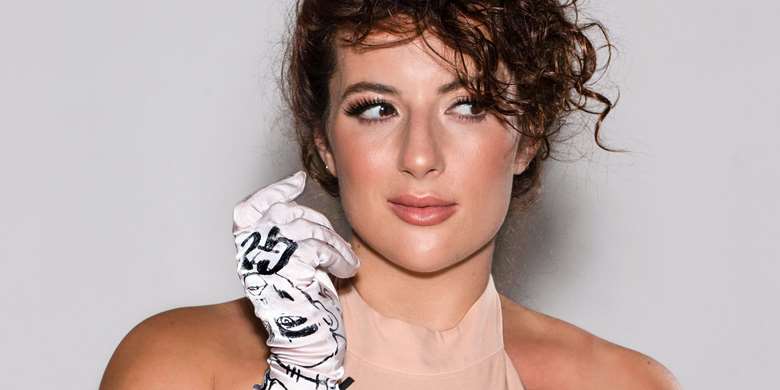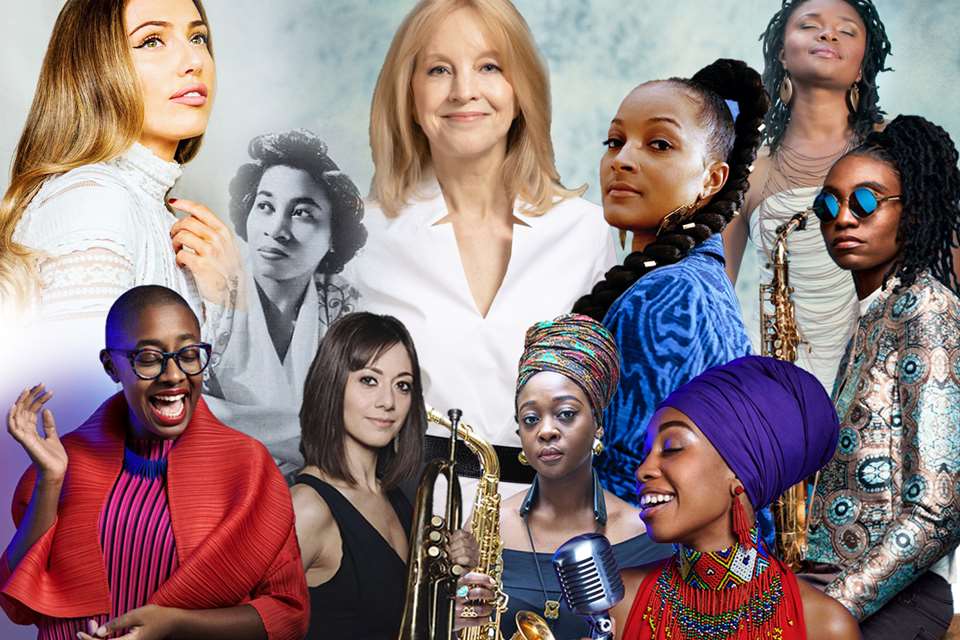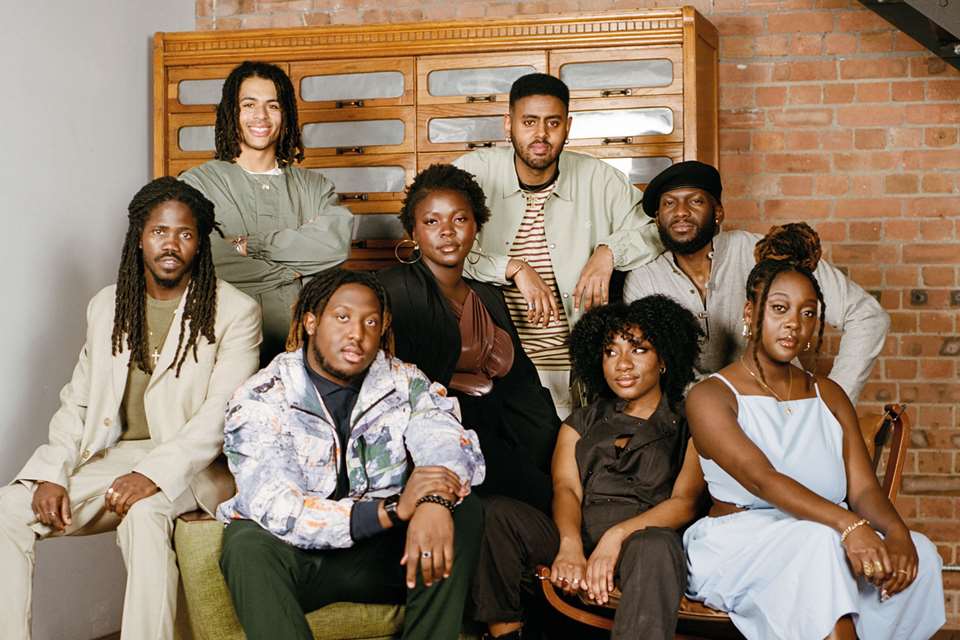Emma Smith interview: on Meshuga Baby, her Jewish heritage and how she’s had to deal with the misogyny that’s still rife in the jazz world
Peter Quinn
Wednesday, September 28, 2022
Recognised as one of the most promising singers of her generation, Emma Smith has forged an impressive reputation as a first-call vocalist for jazz and pop royalty


Register now to continue reading

Thank you for visiting Jazzwise.co.uk. Sign up for a free account today to enjoy the following benefits:
- Free access to 3 subscriber-only articles per month
- Unlimited access to our news, live reviews and artist pages
- Free email newsletter


